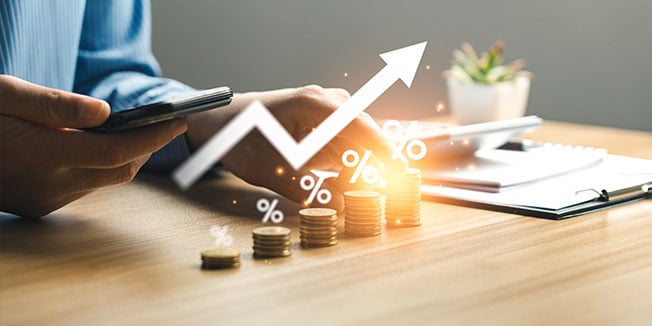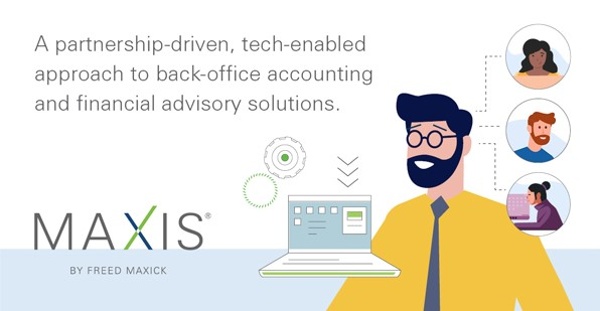How much is your business really worth?
If you own a business, it’s most likely your largest personal asset. But chances are you don’t know exactly how much it’s actually worth, or even how its value fits into your overall net worth.
According to a survey conducted by M&T Bank, 98% of small business owners don’t know the value of their companies. The reason may be that they are distracted by day-to-day operations, don’t want to allocate resources to it, and/or fail to see the cost-benefit of a business valuation. Many believe they already know its true value, but that may not necessarily be the case.
Engaging a professional, objective, independent third-party valuation of your company is a smart growth strategy. Here’s why.
What is a business valuation
A business valuation is a process by which the economic value of a business is determined. Professionals, like me, apply acceptable approaches and methodologies in our analysis of the business in order to evaluate its current value.
The process takes into consideration significant elements of the company’s overall financial health, including a review of up to 5 years of financial statements and tax returns as well as discussions with management to gain an understanding of the business and operations, to help determine what factors contribute to or deter from its value.
Our approach also takes into account factors like how long the company has been in business, how strong its performance has been historically, and whether or not there are plans in place for addressing economic issues, like a recession, inflation, supply chain issues, human capital challenges, etc. that might contribute to its stability and value.
Why would you need one
Our team conducts valuations for a myriad of reasons including buy/sell agreements, merger and acquisition opportunities, income tax purposes, such as gift or estate planning and other succession and exit strategies, as well as for the issuance of stock options, shareholder actions and/or for ease in accessing capital.
Every business owner should have an understanding of their company’s worth and its value drivers. Particularly if selling, merging, or passing your company to the next generation are considerations, now or in the future. Understanding the drivers that impact it can enhance performance and maximize value. What makes it successful? What hinders growth? What factors impact top and bottom lines? How does it perform in a good or bad economy? How does it compare to similar companies in the industry? Is it a desirable acquisition target? Can it get financing easily?
What you should know
1. Be realistic about your expectations. It may be necessary to adjust them. One of the single biggest misconception clients have is the outcome. Like selling your house, you may believe that it’s worth more than the market and potential buyers do. Unfortunately, the value of your sweat equity can’t often be calculated, so overvaluing the company can be a set up for disappointment.
2. It’s best to engage an experienced, objective, and credentialed professional, preferably one who focuses specifically on valuing businesses. Two of the more common credentials for CPAs performing business valuations are:
- ABV® - Accredited in Business Valuation designation is given by The American Institute of Certified Public Accountants (AICPA) to accountants (CPAs) meeting its professional standards.
- CVA® - Certified Valuation Analyst is the credential from the National Association of Certified Valuators and Analysts (NACVA) for CPAs who demonstrate expertise in business valuation services.
Many of these specialists are in an accounting firm providing clients with easy team access, seamless communication, and proactive collaboration.
3. It’s not as expensive or as time-consuming as you may think. While the cost, timeframe, and deliverable vary, if your most recent financial records are current and accurate, the process can be more efficient. There are options. Each engagement is assessed on a case-by-case basis to determine the purpose, cost, and deliverable that will most suit your needs. And, I always deliver the results in a presentation format as it affords clients the opportunity to truly understand the methodology and approaches utilized.
Building Value
Our business valuation professionals provide high-quality, objective work, tailored to each engagement. With a focus on the client’s best interests, we provide well-documented and supported valuations that adhere to professional standards to maintain focus on building value. If you are interested in learning more about the process and the benefits of a business valuation, contact Joseph M. Aquino, CPA, CVA, Director of Business Valuation and Litigation Support, at joseph.aquino@FreedMaxick.com or 716-847-2651.


